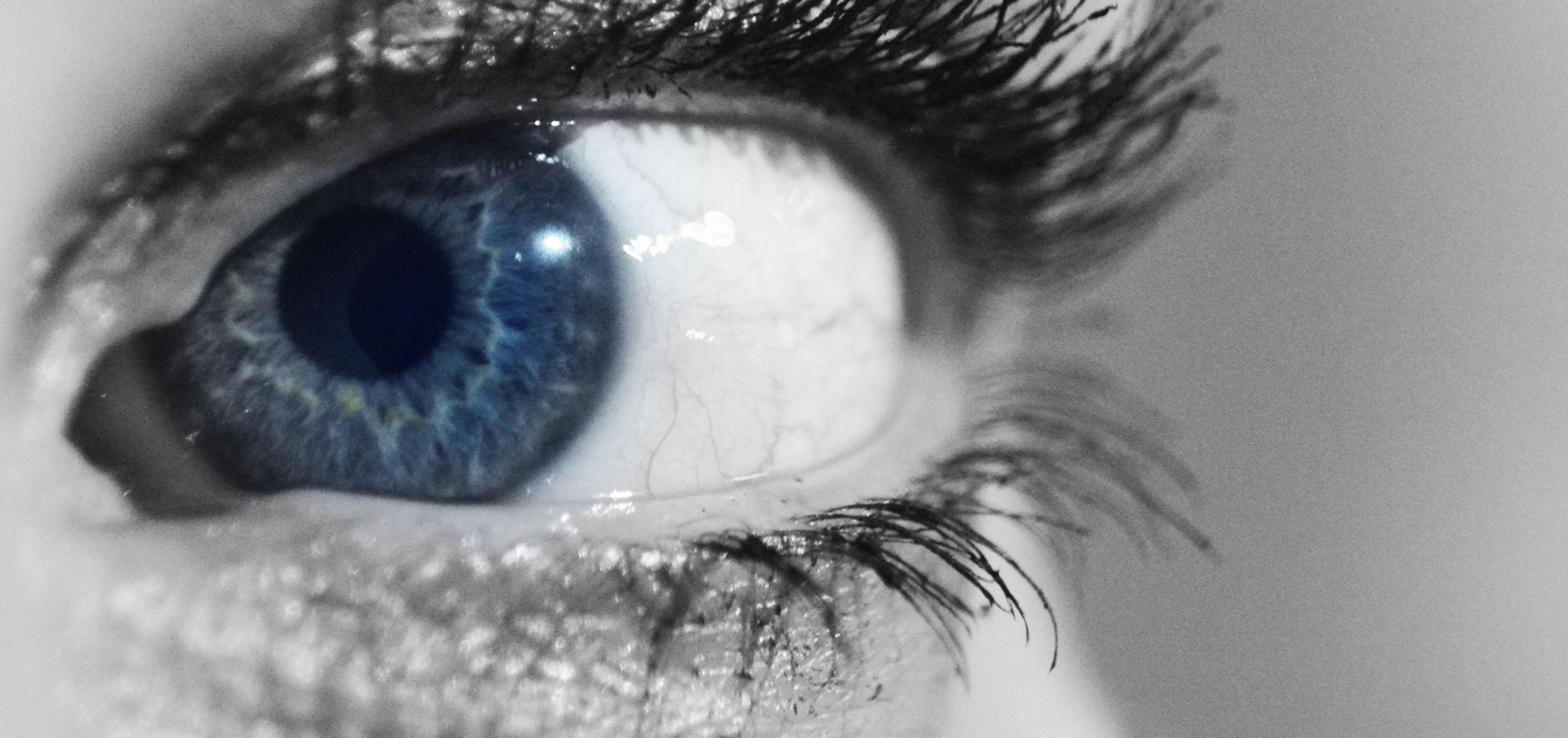March marks National Save Your Vision Month! What measures are you taking to protect your vision?
Save Your Vision month is a national observance held every March by the American Optometric Association. It is an effort to spread awareness about the importance of good eye care and to educate individuals on specific actions they can take to keep their vision healthy.
Did you know that today, nearly 65 percent of Americans wear some type of vision corrective device, according to Jobson Medical Information? And with the aging baby boomer population, this number continues to rise. If you don’t do so already, it is time to start saving your vision. From UV rays to TV screens, it is important to learn what everyday factors can cause lasting damage to your eyes—and how you can protect yourself at home and at work.
Read the following eye care tips as recommended by Goodwin College, a leading optician school in Connecticut.
Regular Eye Care
Good vision is one of the greatest gifts, but it is one that is also taken for granted. While most individuals regularly attend the dentist or annually see a physician, many do not have continual eye exams.
Scheduling a comprehensive eye exam is your first step to safeguarding your vision this month. During your assessment, your eye doctor will examine you for eye diseases like cataracts, as well as other health concerns such as high blood pressure and diabetes. Your doctor will also check your vision to evaluate nearsightedness, farsightedness, and issue a prescription accordingly. As a final step to your regular eye exam, a skilled optician will assess your prescription, discuss your options, and create the contact lenses or glasses best fit to your lifestyle.
Regular eye exams are vital to health maintenance, no matter your age. For children, eye exams ensure normal vision development and prevent vision issues from impacting their academics. For adults, regular exams ensure that prescriptions are current and maintained, that no diseases are present, and ultimately prevent long-term vision loss. Seeing your eye doctor or optician on a regular basis will allow you to save your vision, and your health, down the road. Other measures you can take include:
- Eating a nutrient-rich diet that includes eye-friendly nutrients such as lutein and zeaxanthin, vitamin C, vitamin E and zinc.
- Wear protectant sunglasses that block out 99 to 100 percent of both UV-A and UV-B radiation
- Avoid digital eye strain by taking time away from the screen every twenty minutes
- Protect your eyes at work with the appropriate safety equipment
Protect Your Vision in the Workplace
This year, the focus of National Save Your Vision Month is dedicated not only to regular eye care, but also to eye protection in the workplace. Whether you work in an office or a factory, there are many everyday risks that pose a threat to your eye health.
According to the National Institute for Occupational Safety and Health, about 2,000 U.S. workers sustain job-related eye injuries that require medical treatment every day. However, both safety experts and eye care professionals believe that wearing the right eye protection can lessen or prevent up to 90 percent of these recorded injuries.
What factors can hurt your eyes in the workplace?
- If you work in a laborious, mechanical environment, your eyes are subject to projectiles such as dust, concrete, metal, and wood particles. Side-shield or full-face shield safety glasses can protect your eyes from injury.
- If you work in a laboratory setting, chemicals, in the form of splashes or fumes, can severely harm your eyes. Safety goggles can protect your eyes from any potentially harmful chemicals.
- If you work in a medical setting or take classes in a field such as phlebotomy, your eyes could be at risk of bloodborne pathogens. Screened work stations, in combination with safety goggles, can best protect your eyes.
- Radiation, whether through visible light, lasers, ultraviolet radiation, heat or infrared radiation can impact your eyes negatively in an instance or over time. Consider wearing a helmet or goggles that filter out radiation and prevent optical exposure.
- Most people today work with computers, tablets, and smartphones on a regular basis. To protect your eyes from digital eye strain, try:
- Correcting your posture
- Adjusting the lighting
- Maintaining a proper distance from the screen
- Taking a 20-second break, every 20 minutes, to view something 20 feet away
- Wearing the proper eye glasses or lenses
The Importance of Eye Care Professionals
If you are considering becoming an optician or other eye care professional, you are choosing a rewarding career path. Eye care specialists are a vital part of the healthcare field—allowing people to see, to marvel, the world around us.
Why wait? What a better time to start your eye care career than during National Save Your Vision Month? Learn about Goodwin College’s optician training program and state-of-the-art optical fabrication laboratory, contact lenses laboratory, and training store, today.
Goodwin University is a nonprofit institution of higher education and is accredited by the New England Commission of Higher Education (NECHE), formerly known as the New England Association of Schools and Colleges (NEASC). Goodwin University was founded in 1999, with the goal of serving a diverse student population with career-focused degree programs that lead to strong employment outcomes.

